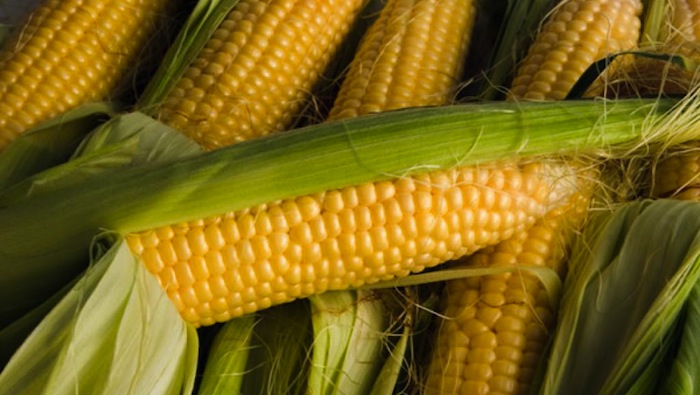Kenyans are awaiting the decision of the Cabinet in the next two months with regards to lifting of a ban on genetically modified organisms. Moreover, despite prolonged procrastination on the divisive technology, a final decision is likely. The ban was imposed in 2012 and was informed by a controversial study that alleged GMOs cause cancer.
The study, dubbed The Seralini Paper after its lead author Gilles-Eric Séralini, linked GMO maize to the development of tumors. The study, which has since been retracted and republished, has widely been used by GMOs opponents to defend their stance. However, the credibility of the study is still under scrutiny, with three studies funded by the European Union on the glyphosate-resistant GM maize NK603 nullifying the possibility of potential risks.
According to Prof Dorington Ogoyi, National Biosafety Authority chief executive, Kenya is using the findings of the studies to build a case for lifting the ban. This, he says, will allow the country to benefit from GMO technology in addition to enabling imports of GM foodstuffs.
He explained that Kenya has put in place foolproof regulations and mechanisms to ensure safety to human and animal health and also to the environment. However, some NGOs have opposed the campaign to lift the ban. These are of the opinion that lacks proper comprehension on the dangers of GMOs.
Meanwhile, Kenya is in the process of carrying out national performance trials for Bt maize. This has been engineered with reduced levels of insect manifestation, meaning that indirectly farmers will use fewer inputs.
Apart from maize, other food crops going through confined field trials are cassava. The crop has been which has been manufactured against viruses, sweet potato against bacteria and sorghum for enhancement of nutrition.








